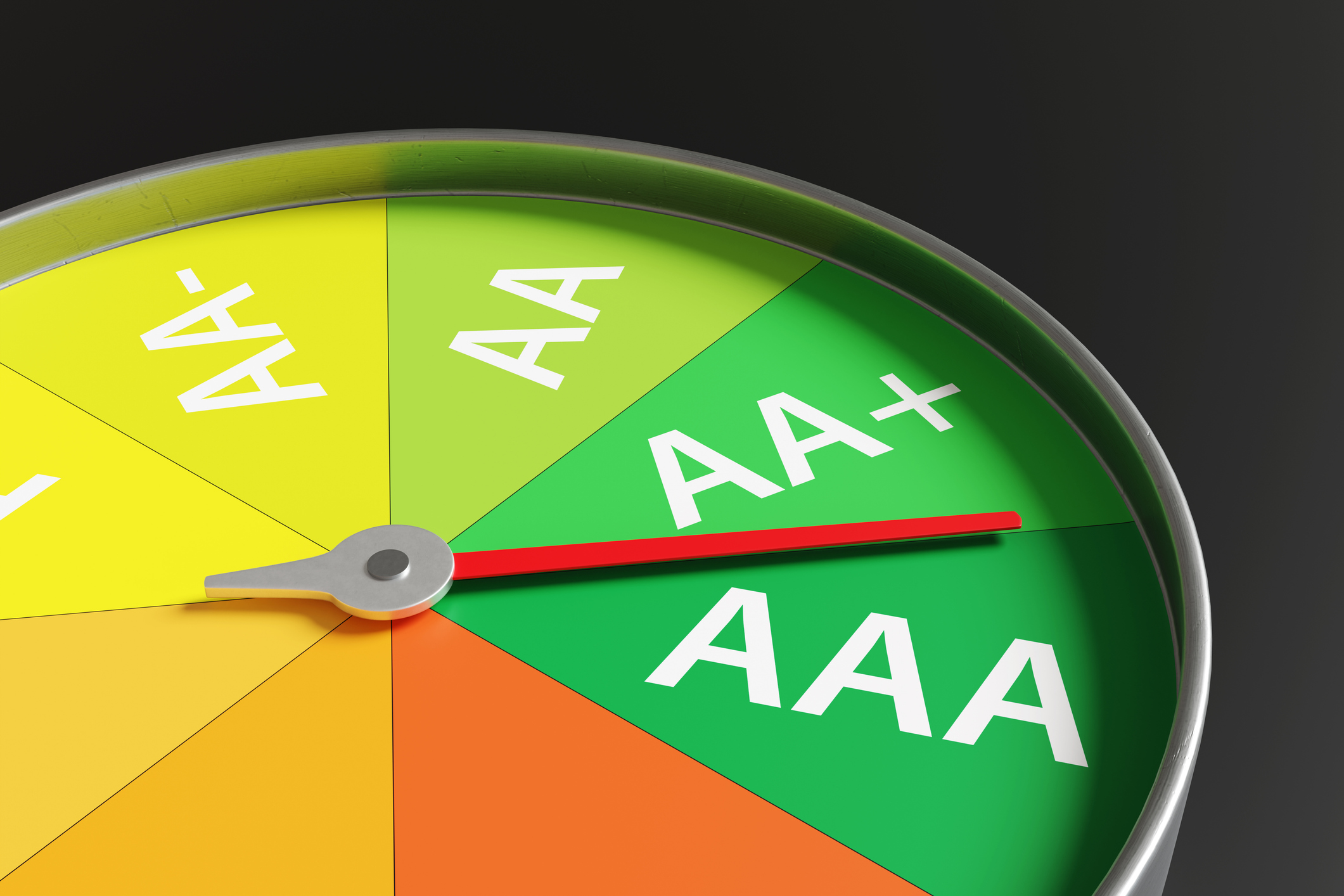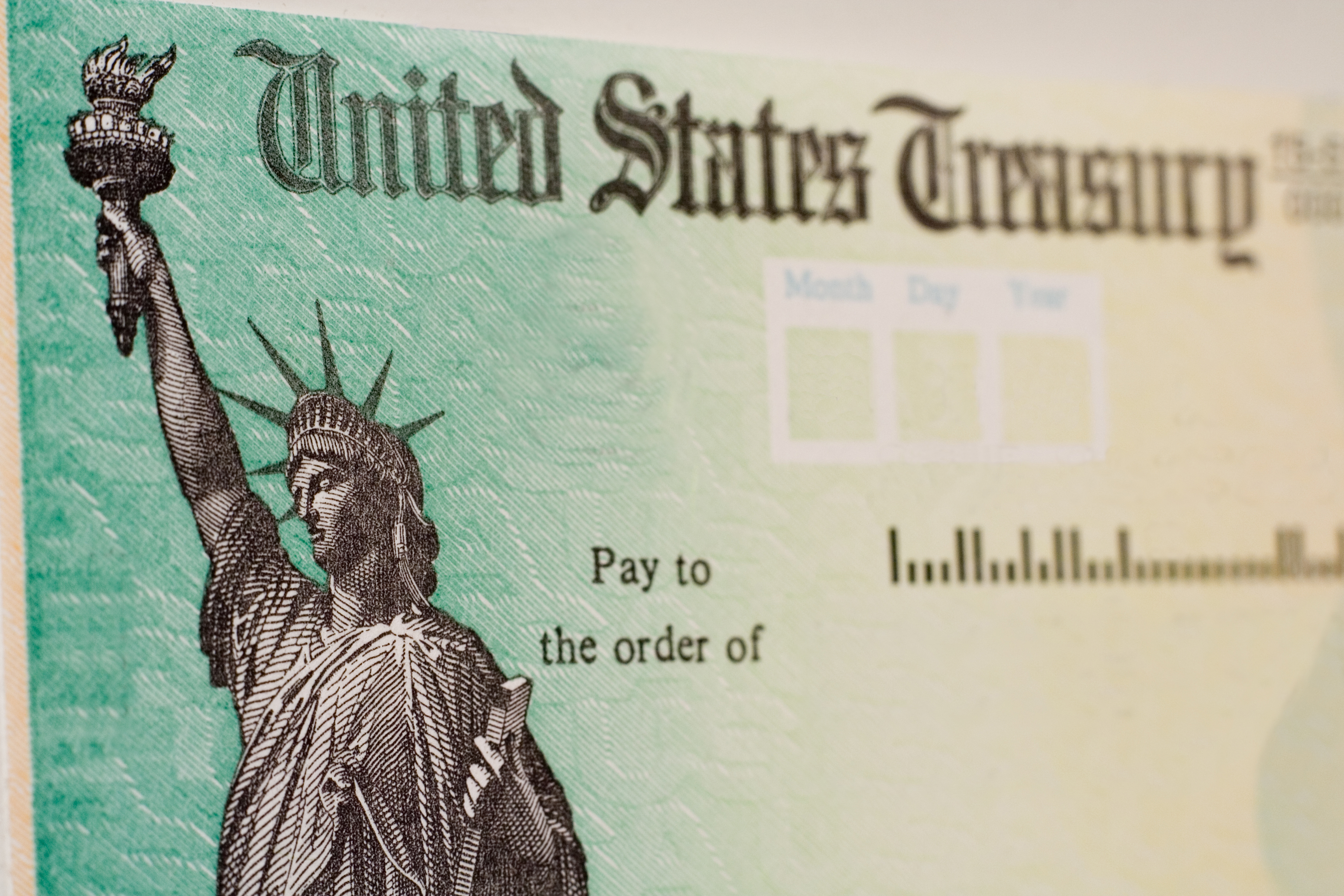Where to Put Safe Money Today
There are not many areas of the market that haven't lost ground this year, but investors could find respite in beaten-down bonds.


Profit and prosper with the best of Kiplinger's advice on investing, taxes, retirement, personal finance and much more. Delivered daily. Enter your email in the box and click Sign Me Up.
You are now subscribed
Your newsletter sign-up was successful
Want to add more newsletters?

Delivered daily
Kiplinger Today
Profit and prosper with the best of Kiplinger's advice on investing, taxes, retirement, personal finance and much more delivered daily. Smart money moves start here.

Sent five days a week
Kiplinger A Step Ahead
Get practical help to make better financial decisions in your everyday life, from spending to savings on top deals.

Delivered daily
Kiplinger Closing Bell
Get today's biggest financial and investing headlines delivered to your inbox every day the U.S. stock market is open.

Sent twice a week
Kiplinger Adviser Intel
Financial pros across the country share best practices and fresh tactics to preserve and grow your wealth.

Delivered weekly
Kiplinger Tax Tips
Trim your federal and state tax bills with practical tax-planning and tax-cutting strategies.

Sent twice a week
Kiplinger Retirement Tips
Your twice-a-week guide to planning and enjoying a financially secure and richly rewarding retirement

Sent bimonthly.
Kiplinger Adviser Angle
Insights for advisers, wealth managers and other financial professionals.

Sent twice a week
Kiplinger Investing Weekly
Your twice-a-week roundup of promising stocks, funds, companies and industries you should consider, ones you should avoid, and why.

Sent weekly for six weeks
Kiplinger Invest for Retirement
Your step-by-step six-part series on how to invest for retirement, from devising a successful strategy to exactly which investments to choose.
There aren't a lot of safe places to put your money in 2022. Nearly every major asset class is down this year, from stocks to long-term bonds and even traditional haven assets like gold. There simply haven't been many places to hide.
Year-to-date, the S&P 500 is off about 21%, and the iShares Core US Aggregate Bond ETF (AGG), a popular proxy for the "bond market," is down nearly 17%.
From just $107.88 $24.99 for Kiplinger Personal Finance
Become a smarter, better informed investor. Subscribe from just $107.88 $24.99, plus get up to 4 Special Issues

Sign up for Kiplinger’s Free Newsletters
Profit and prosper with the best of expert advice on investing, taxes, retirement, personal finance and more - straight to your e-mail.
Profit and prosper with the best of expert advice - straight to your e-mail.
The story actually gets worse with longer-term bonds. The iShares 20+ Year Treasury Bond ETF (TLT), which tracks the performance of a portfolio of U.S. government bonds with maturities of 20-30 years, is down a gut-wrenching 35% for the year-to-date, performing materially worse than stocks!
Despite this, if bought correctly, bonds remain a viable option for your safe money… that part of your portfolio you can't afford to lose.
"U.S. Treasury securities are the only true risk-free investment," explains Chase Robertson, principal of Robertson Wealth Management, a registered investment advisor (RIA) based in Houston, Texas. "But for them to be truly risk free," Robertson continues, "you have to hold them to maturity. Because bonds, like any asset, can see their prices fluctuate day to day. And the longer the time to maturity, the more sensitive the bond prices are to changes in interest rates."
Without getting too technical, the term for this sensitivity is "duration." And all else equal, the longer the time to maturity, the higher the duration and thus the higher the sensitivity to rising market yields. This is why the iShares 20+ Year Treasury Bond ETF has gotten punished so hard this year. Between surging inflation and the Fed's decision to discontinue asset purchases earlier this year, bond yields have risen to some of their highest levels in two decades.
Short-term bonds have the least sensitivity to interest rate moves. As a simple example, a two-year zero coupon bond has a modified duration of just shy of 2. In plain English, this means that a 1% move in market yields results in a short-term change in price of about 2%. And naturally, any capital loss shrinks to zero upon maturity, assuming the bond was bought at or below its par value.
The Sweet Spot for Investors Today
In a "normal" market, longer-term bonds always yield more than shorter-term bonds. It's the benefit we get from taking more risk. But today, that's not the case. The yield curve is inverted, meaning shorter-term yields are actually higher than most longer-term yields. As this is going to print, the 1-year yield is the highest point on the yield curve at 4.6%, ever so slightly higher than the 4.5% yield of the 20-year Treasury.
So, if you're looking for a place to stash your safe money… this is it. At the 1-year mark, your sensitivity to interest rates is minimal, meaning you wouldn't be at significant risk of capital loss in the event you needed to sell the bond before maturity. And frankly, a 4.6% yield isn't bad at all by the standards of the past 20 years.
Should You Consider Long-Term Bonds?
Given that the 1-year bond sports a higher yield and less risk, why would anyone ever buy a long-term bond?
It really comes down to timing. For example, if you know you're going to need cash for a major expense in exactly 10 years (say, college education for the grandkids), locking in a 10-year rate could make sense. Assuming you didn't need to sell the bond before maturity, your risk is still zero. Plus, you're locking in the rate. Were you to buy a shorter-term bond, you have reinvestment risk. You have no idea what the rate is going to be a year or two from now, and you might get a lousy rate when it's time to reinvest,
"Longer-term bonds can also serve a speculative purpose," says Douglas Robinson, founder and president of RCM Robinson Capital Management, an RIA based in San Francisco, California, specializing in Treasury funds management. "Any asset that drops more than 30% in a year, as we saw in longer-term Treasuries, can also rise by a comparable amount if market yields fall."
Long-term bonds have their place. But for the money you want to keep absolutely safe, stick with the 1-year bonds for now.
Profit and prosper with the best of Kiplinger's advice on investing, taxes, retirement, personal finance and much more. Delivered daily. Enter your email in the box and click Sign Me Up.

Charles Lewis Sizemore, CFA is the Chief Investment Officer of Sizemore Capital Management LLC, a registered investment advisor based in Dallas, Texas, where he specializes in dividend-focused portfolios and in building alternative allocations with minimal correlation to the stock market.
-
 Dow Leads in Mixed Session on Amgen Earnings: Stock Market Today
Dow Leads in Mixed Session on Amgen Earnings: Stock Market TodayThe rest of Wall Street struggled as Advanced Micro Devices earnings caused a chip-stock sell-off.
-
 How to Watch the 2026 Winter Olympics Without Overpaying
How to Watch the 2026 Winter Olympics Without OverpayingHere’s how to stream the 2026 Winter Olympics live, including low-cost viewing options, Peacock access and ways to catch your favorite athletes and events from anywhere.
-
 Here’s How to Stream the Super Bowl for Less
Here’s How to Stream the Super Bowl for LessWe'll show you the least expensive ways to stream football's biggest event.
-
 Bond Basics: How to Reduce the Risks
Bond Basics: How to Reduce the Risksinvesting Bonds have risks you won't find in other types of investments. Find out how to spot risky bonds and how to avoid them.
-
 Bond Ratings and What They Mean
Bond Ratings and What They Meaninvesting Bond ratings measure the creditworthiness of your bond issuer. Understanding bond ratings can help you limit your risk and maximize your yield.
-
 Bond Basics: Treasuries
Bond Basics: Treasuriesinvesting Understand the different types of U.S. treasuries and how they work.
-
 Bond Basics: Ownership
Bond Basics: Ownershipinvesting Bonds come in a variety of forms, but they all share these basic traits.
-
 Bond Basics: Pick Your Type
Bond Basics: Pick Your Typeinvesting Bonds offer a variety of ways to grow wealth and fortify your portfolio. Learn about the types of bonds and how they work.
-
 Stock Market Today: Stocks Struggle on Credit Suisse, First Republic Bank Concerns
Stock Market Today: Stocks Struggle on Credit Suisse, First Republic Bank ConcernsChaos in the financial sector stole the spotlight from this morning's inflation and retail sales updates.
-
 Silicon Valley Bank, Signature Bank Failures Send Bank Stocks Reeling
Silicon Valley Bank, Signature Bank Failures Send Bank Stocks ReelingFinancial stocks continued to sell off following the collapse of regional lenders SVB and Signature Bank.
-
 5 Stocks to Sell or Avoid Now
5 Stocks to Sell or Avoid Nowstocks to sell In a difficult market like this, weak positions can get even weaker. Wall Street analysts believe these five stocks should be near the front of your sell list.